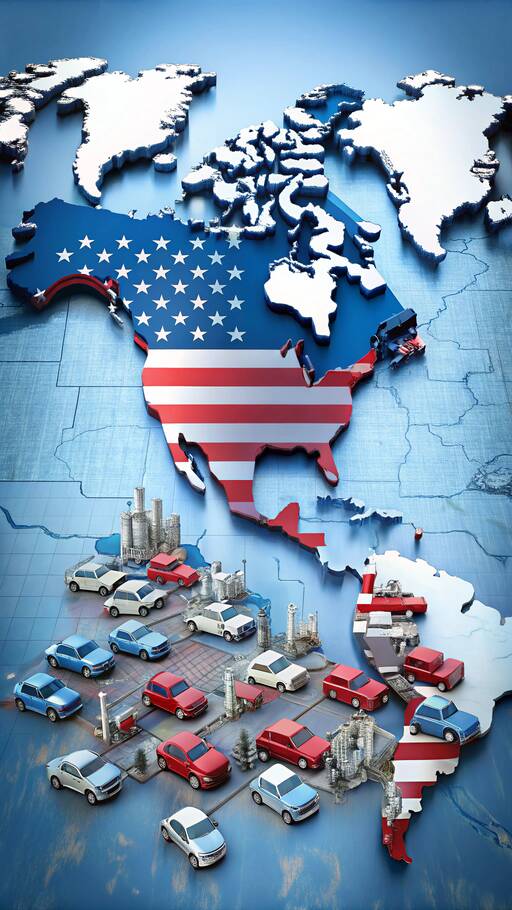
Here are some of the most notable events:
- Henrik Fisker's second venture declared bankruptcy.
- Stellantis experienced upheaval with CEO Carlos Tavares’s resignation.
- The UAW unionized Volkswagen's Tennessee plant but hit a roadblock at Mercedes in Alabama.
- A cyberattack paralyzed U.S. dealerships.
- General Motors dismantled Cruise, its self-driving division.
- Tesla experienced its first sales dip yet soared to a trillion-dollar valuation.
- Korean brands reached new heights.
- BYD emerged as a formidable rival.
- GM and Ford charted new paths with EV production strategies.
- Toyota maintained its top status by focusing on hybrids.
The market showed signs of revival, with U.S. new car sales hitting 16 million units, the highest since 2019. Major players like GM, Toyota, and Ford gained market share, while Stellantis, Tesla, and European brands faltered. American luxury brands saw a resurgence even as Jeep and Ram struggled.
Donald Trump’s political return sparked concerns about:
- Changes to tariffs and trade agreements.
- Potential loss of tax credits and stricter emissions regulations.
- New challenges in cross-border supply chains.
Despite these concerns, EV sales surged due to the potential end of tax incentives.
President Trump withdrew from the Paris Agreement and pushed for increased domestic oil production. This stance threatens the growth of EV infrastructure. Automakers must entice buyers with affordable options, despite high battery costs.
Recent mergers aimed at cost reduction and innovation included:
- Volkswagen's EV platform partnership with Rivian.
- Nissan and Honda’s unsuccessful merger attempt with Mitsubishi to enhance their global standing.
The global presence of brands like BYD cannot be ignored. Their swift production and quality have positioned them as the second-largest EV seller, next to Tesla.
Although EV sales projections have mellowed, consumer interest remains strong. The rise of hybrids continues. Ultimately, customer preferences will guide market decisions. Industry leaders must navigate the ongoing transformation.
2025 is set to be a pivotal year for the automotive sector, marked by alliances, political influence, and the race for sustainable innovations. Consumers’ preferences will dictate the course, as companies strive to meet these evolving demands.